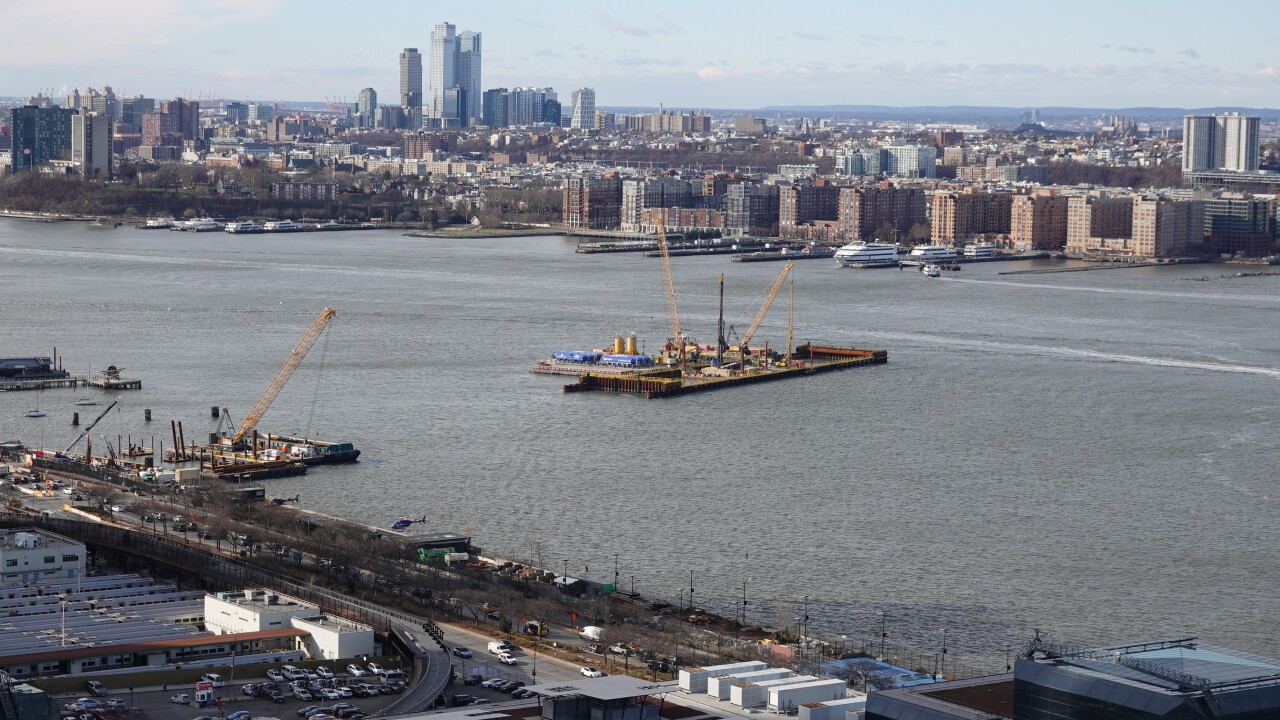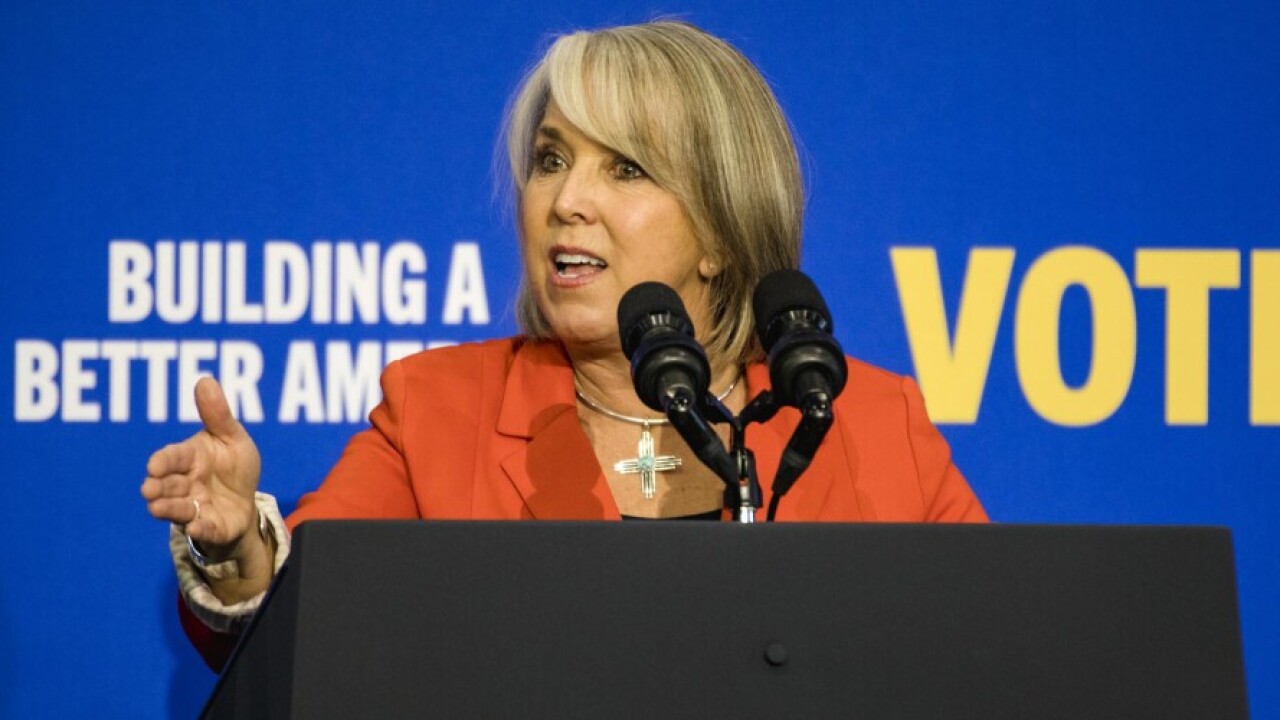DALLAS -- Grassroots pressure is building for Congress to pass a transportation funding bill this summer, as 31 state chambers of commerce urge legislators to prevent the Highway Trust Fund from becoming insolvent and putting a halt to projects.
The push by the state chambers, made in an open letter, joins efforts by labor unions, highway contractors, and state and local elected officials to have a new, long-term transportation spending plan in place before October.
The current two-year surface transportation bill, Moving Ahead For Progress in the 21st Century, expires on Sept. 30, the end of fiscal 2014.
The letter, which was sent to the chairmen and ranking members of key House and Senate transportation committees, urges Congress to develop a five-year surface transportation funding bill that ensures the solvency of the HTF and prevents a halt to highway and transit projects.
"MAP-21 has led to the implementation of long overdue reforms, but its brief authorization will end in only six short months," the letter said. "In order to ensure stability and economic growth, we need to plan its successor now."
Sen. Barbara Boxer, D-Calif., chairman of the Senate Environment and Public Works Committee, said she expects the committee in April to take up a draft highway bill to replace MAP-21.
Rep. Bill Shuster, R-Pa., chairman of the House Transportation and Infrastructure Committee, said his version of the highway bill should be ready for a committee vote before the congressional recess in August.
Transportation projects around the country will be jeopardized and economic growth will slow down if a new funding measure isn't passed soon and the trust fund replenished, said Doug Whitley, chief executive officer of the Illinois Chamber of Commerce.
U. S. Transportation Department officials said last week they may begin curtailing reimbursements to states for highway and transit projects in late July if the HTF continues to dwindle.
The highway portion of the HTF totaled $8.6 billion at the beginning of March, with $3.2 billion in the mass transit account. Reimbursements will be curtailed when the highway account dips below $4 billion, with a $1 billion threshold for transit projects, DOT said.
"State and local governments carry much of the burden for transportation funding, but it is incumbent upon the federal government to accept the responsibility to sustain the nation's economy by maintaining the funding necessary to assure the reliable networks that provide for interstate commerce." Whitley said.
The Illinois and Georgia state chambers organized the letter to Congress.
Lawmakers have only a few months to find a fix, Whitley said.
"Their constituents are eager for them to move beyond the partisan posturing that permeates Capitol Hill and actually do something about fixing the nation's transportation networks," he said.
The chambers are also asking Congress to give states more funding options and additional flexibility in selecting infrastructure investments.
"Several states have passed their own laws to increase investment in transportation infrastructure, but state action alone is not enough," the chambers said. "Even with increased state revenues and innovative mechanisms, such as public-private partnerships, there are projects of national significance that cannot be completed without federal assistance."





